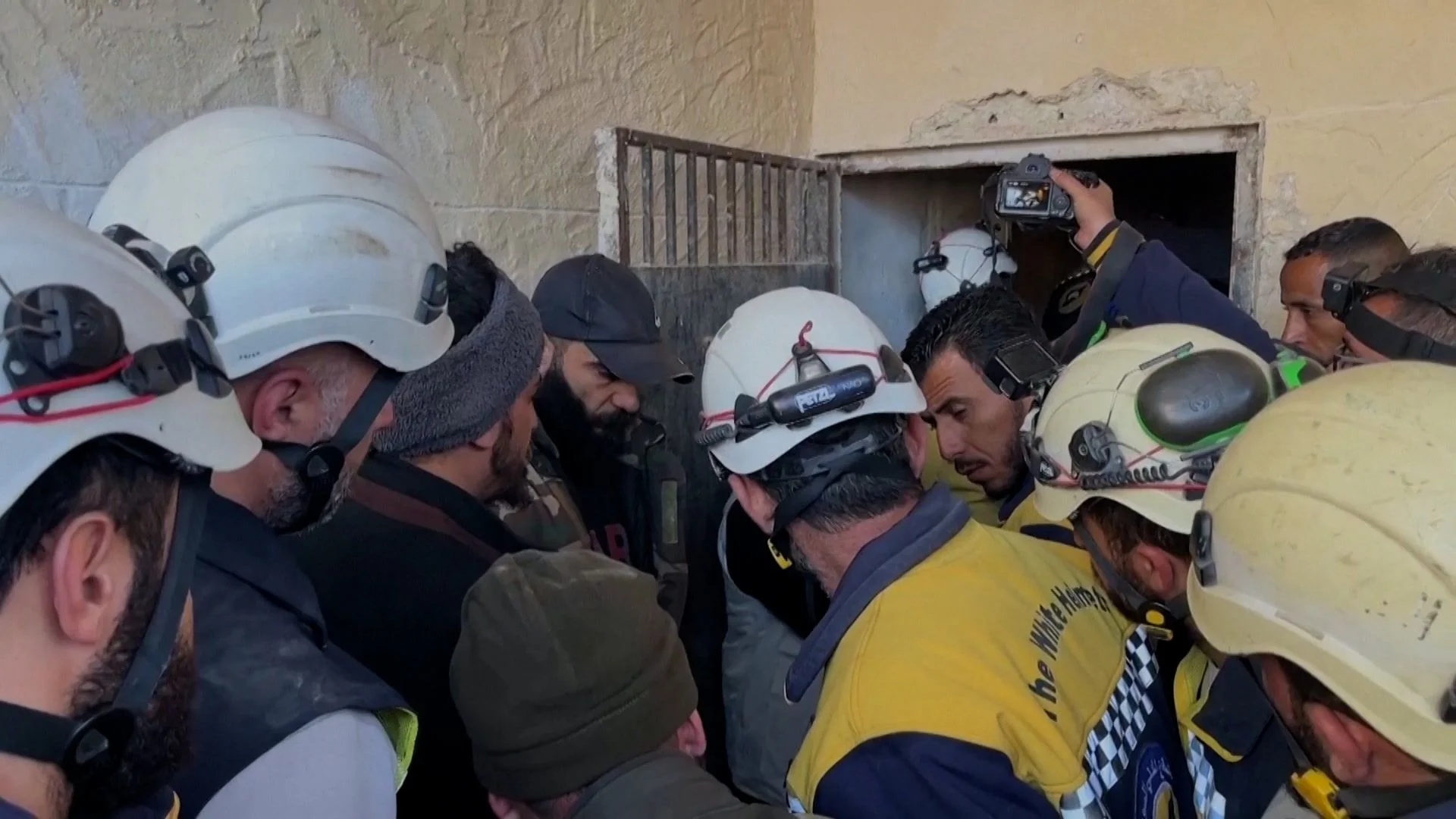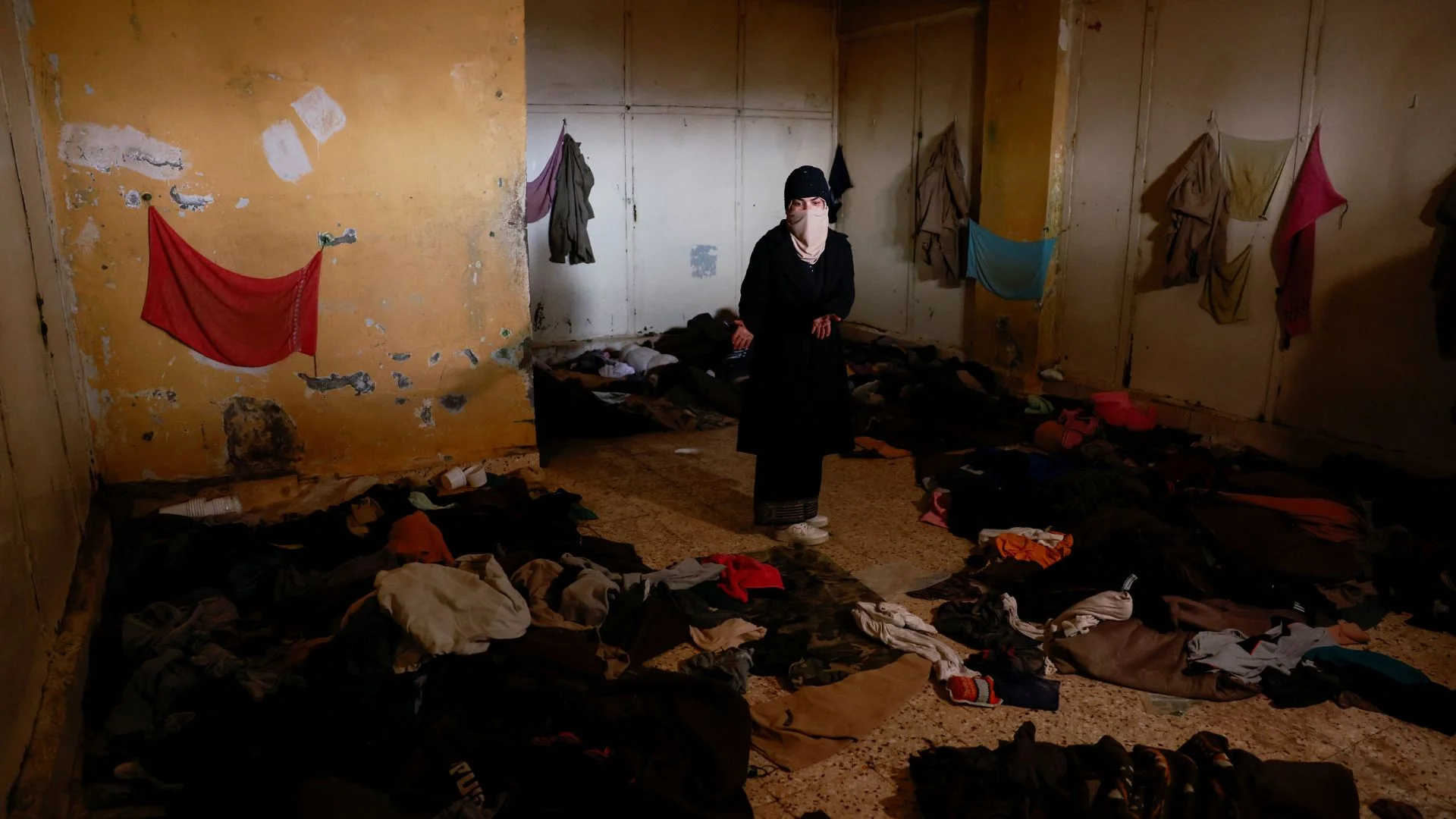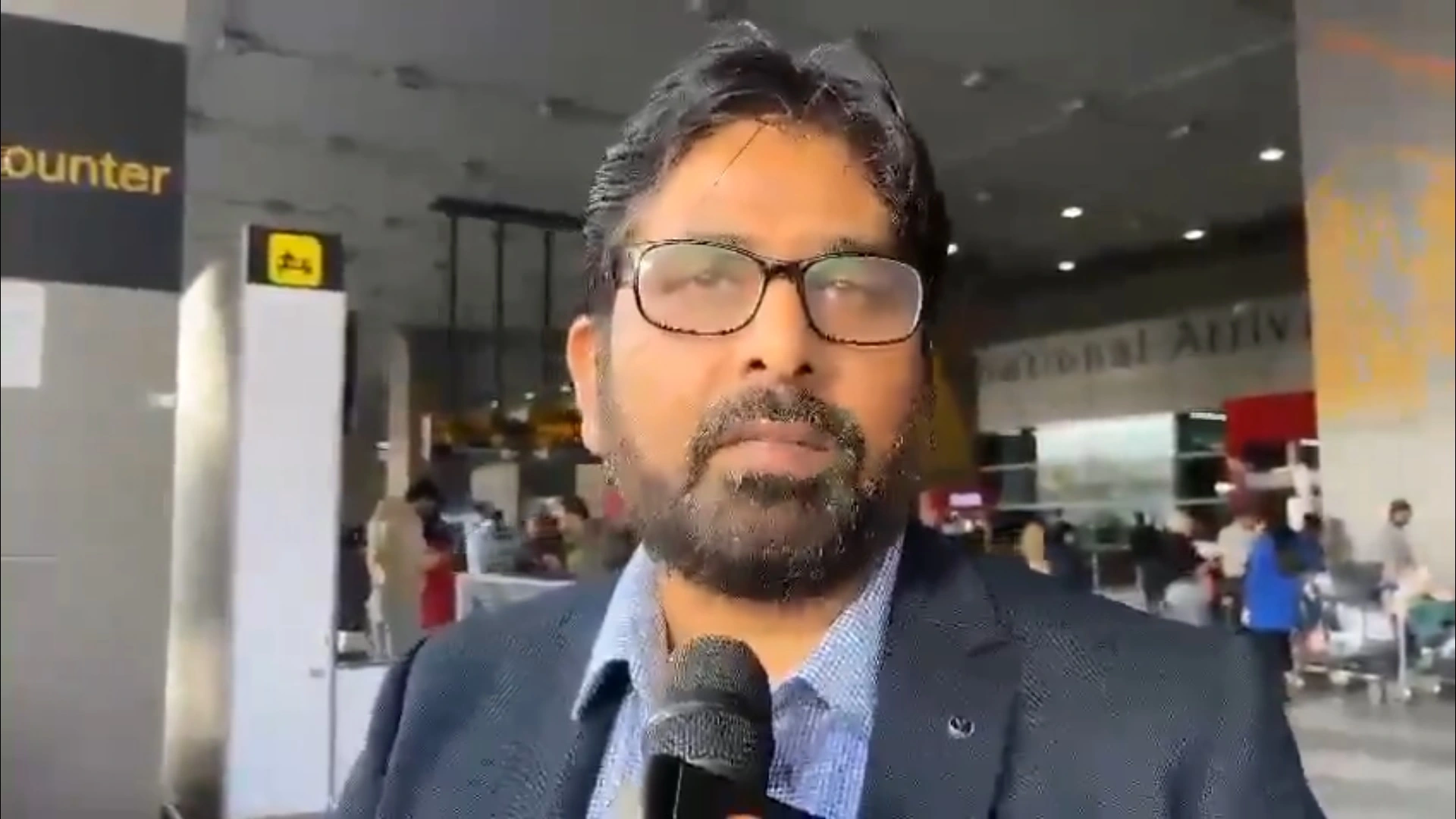


Shamima Begum, along with 65 other British citizens linked to the Islamic State, faces an uncertain future in the Kurdish-controlled prisons and camps of northeastern Syria, as Turkish-backed rebel forces intensify their offensive against Kurdish military groups. The escalation has raised concerns about the safety of detainees, including women, children, and former IS fighters, as the security of the area deteriorates.
Since November, Turkey has launched attacks on the Syrian Democratic Forces (SDF), which have been pivotal in the fight against IS. The SDF’s primary focus on counter-ISIS operations is now at risk, according to US officials, as the Turkish offensive diverts their attention. John Kirby, White House spokesperson, voiced concerns over the potential impact on the fight against IS, noting that the Turkish-backed Syrian National Army (SNA) operations could undermine the ongoing anti-ISIS mission.
The camps, such as al-Hawl and Roj, house about 50,000 detainees, with approximately 20 women, 10 men, and 35 children being British nationals or former UK citizens. Human rights organizations, including Reprieve, argue that the UK should repatriate these individuals, particularly given the volatile situation in the region. The charity emphasizes that most detainees are children, with many women, including Begum, coerced into joining IS.
Despite these concerns, the UK government remains reluctant to alter its stance on repatriation. The UK has revoked the citizenship of Begum and others, citing national security risks, and considers repatriations on a case-by-case basis.
As Turkish-backed forces advance in Syria, experts warn that if the SDF is forced to withdraw from the camps, the security of detainees could be compromised, heightening the uncertainty surrounding their fate.















